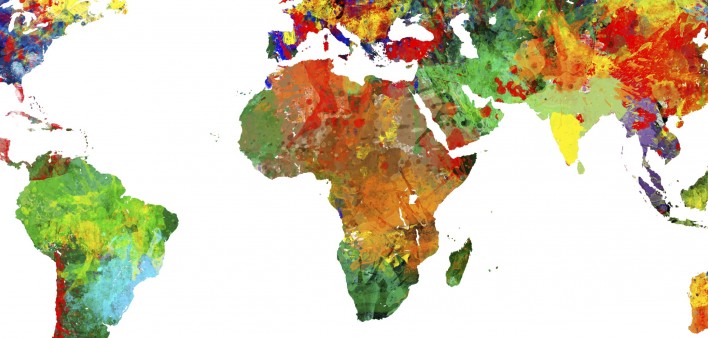Treatment for All: Our Lives, Our Stories, a new 10-minute documentary, tells the personal and unscripted stories of three African people living with or affected by HIV. The film, which can be viewed above as well as on Facebook, focuses on access to treatment and , debuted at the 21st International AIDS Conference (AIDS 2016) in Durban, South Africa, last week.
The U.S. President’s Emergency Plan for AIDS Relief (PEPFAR), the U.N. Secretary-General’s Special Envoy for Health in Agenda 2030 and for Malaria, and Ventures Africa produced the film, which is the second in the #TreatmentforAll campaign. It captures its subjects as they face themes like happiness, mortality, relationships, stigma and work.
“The way we speak about the epidemic is crucial in framing how the public at large, patients, health care providers and policy makers unite to find solutions to a problem that has been with us for so long,” said Uzo Iweala, founder and CEO of Ventures Africa, in a PEPFAR press release. “We have come so far in the last 10 years, and it is clear that improving access to treatment is key in changing the local and global narratives around HIV and AIDS. Treatment for All: Our Lives, Our Stories is a short film that in looking at how narratives change when treatment becomes available also seeks to change the way that we view HIV/AIDS in the twenty-first century.”
The #TreatmentforAll campaign, which was launched on World AIDS Day 2015, centers on the goal to guarantee treatment for 28 million HIV-positive people by 2020. The movement urges countries to prioritize making treatment accessible to all people who are living with HIV.
In its HIV treatment guidelines, the World Health Organization (WHO) now calls for everyone living with HIV to be treated immediately, which spurred the creation of #TreatmentforAll. Twenty-two countries have adopted these guidelines, and many more have announced they plan to do so by the end of the year.
“We have been at war with HIV/AIDS for over three decades now, amounting to millions of unnecessary deaths and affecting millions more. It is morally reprehensible to delay the delivery of treatment to all people suffering from the virus, particularly as we have the funding to provide all with treatment,” said Ray Chambers, the U.N. Secretary-General’s Special Envoy for Health in Agenda 2030 and for Malaria, in the press release. “It is our collective responsibility to heed this call and provide treatment for all now.”
The Joint United Nations Programme on HIV/AIDS (UNAIDS) estimates that nearly 37 million people are living with HIV, and of those only 17 million are on treatment. It’s been projected that guaranteeing treatment for 28 million people would reduce AIDS-related deaths and HIV transmissions by nearly 50 percent.







Comments
Comments